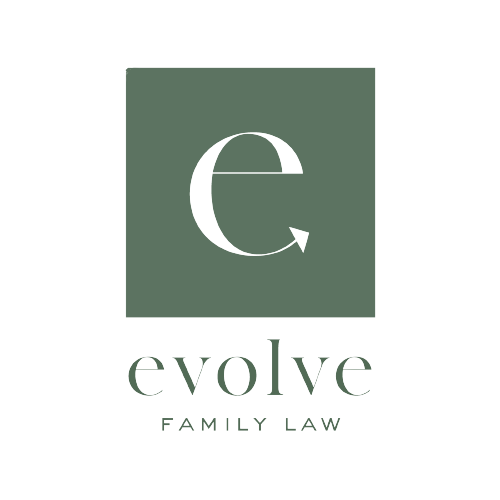In Georgia family law cases, various professionals may be involved to assist with legal, emotional, and practical aspects of the case. Here are some of the key professionals commonly involved:
1. Attorneys: The most impactful professionals involved in family law cases are the parties’ attorneys. Attorneys who specialize in family law are crucial players who ensure clients understand their rights and options and strategize a thoughtful path to resolution.
2. Judges: Superior Court judges preside over family law cases and make decisions on custody, child support, property division, alimony, attorney’s fees, and any other applicable issues. In divorces, either party can request a jury trial, but juries can only decide financial issues as opposed to custody decisions. If a jury is requested in a case where custody is at issue, the case will likely be bifurcated where a jury decides financial issues and the judge determines custody.
3. Guardians ad Litem (GALs): GALs are sometimes appointed by judges as experts representing the best interests of children in custody disputes. A GAL is an attorney who investigates the family and makes a recommendation to the court and parties about what custody arrangement is in the child’s best interests. After a GAL makes their recommendation on custody, parties often resolve their custody dispute by agreement instead of having custody and parenting time decided by a judge.
4. Mediators: Mediators are neutral third parties who help family law parties reach agreements outside of court. They facilitate communication, identify issues, and assist in negotiating settlements that are mutually acceptable to both parties. These agreements are generally approved by the Court and become part of the final order in a family law case. Mediation is a great tool to resolving family law disputes as parties have much more control over the outcome than if their case is decided by a judge.
5. Child Custody Evaluators: Custody evaluators are usually psychologists with expertise in child development and family dynamics. They often perform psychological evaluations of parents in custody disputes. Custody evaluators assess the needs and circumstances of children and their parents and make recommendations to the court and parties about what custody arrangement is best for the children. Custody evaluators can be used instead of, or in addition to, GALs depending on the circumstances and the psychological issues at play in one’s case.
6. Financial Experts: Financial experts like forensic accountants may be involved in cases with complex financial issues, such as asset valuation, business valuation, property division, spousal support, and child support calculations.
7. Parent Coordinators: Parent coordinators can be appointed by the court to assist parents in resolving disputes related to co-parenting, communication, and decision-making regarding their children. They help implement parenting plans, promote cooperation between parents, and generally have binding authority to resolve specifically outlined areas of disagreement involving children.
8. Co-Parent Counselors: Co-parent counselors are therapists who provide counseling to co-parents in high-conflict custody situations. Co-parent counselors do not have binding authority to resolve disputes between co-parents (as opposed to Parent Coordinators) but help facilitate agreements between parents and work to improve their overall relationship and communication.
9. Arbitrators: Arbitration is a voluntary process where an arbitrator (rather than a judge) makes binding decisions in a family law case. Arbitrators are usually seasoned family law attorneys chosen for their specialized knowledge. Arbitration has become popularized in recent years as a faster route to resolution since waiting for a final hearing before a judge can take significant time.
10. Therapists: While therapists for parties or children are rarely directly involved in family law cases due to confidentiality, therapists are commonly part of one’s support network during a family law case. We encourage all our clients to see a therapist during their case, if possible, given the personal and emotional nature of family law matters.
While each family law case will likely not need each of these professionals, these examples provide a broad overview of the different professionals that may be involved in your case. As to the professionals parties can select, choosing individuals who are the right fit in your case is crucial to obtaining the best outcome. At Evolve Family Law, we have extensive experience selecting professionals who best fit your specific needs.
Reach out to us today at (404) 909-8300 to consult with an experienced attorney about your situation.





